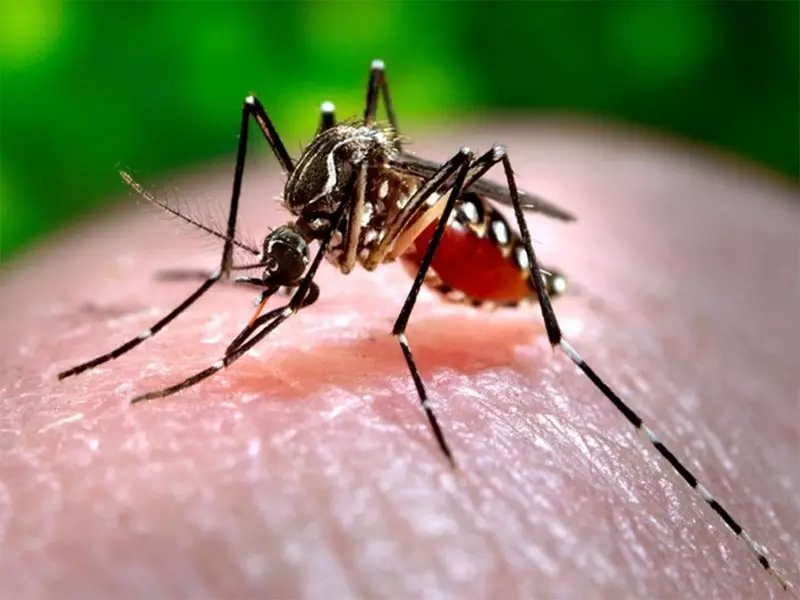
Sindh province is grappling with a significant escalation in dengue fever cases, prompting urgent government action to combat the mosquito-borne disease. Health officials have reported a concerning rise in infections across the region, with authorities now implementing comprehensive anti-mosquito measures to contain the outbreak.
Emergency Response Activated
The provincial government has intensified its efforts to control the dengue vector through multiple strategies. Fumigation campaigns are being conducted in high-risk areas, particularly targeting locations with standing water where mosquitoes breed. Health teams are working round-the-clock to identify and eliminate potential breeding sites.
Public Awareness Campaigns
Authorities have launched extensive public awareness initiatives to educate citizens about preventive measures. Residents are being advised to use mosquito repellents, wear protective clothing, and ensure proper water storage practices. The health department is emphasizing the importance of community participation in controlling the spread of dengue.
Hospital Preparedness
Medical facilities across Sindh have been put on high alert, with hospitals establishing dedicated dengue wards and ensuring adequate supplies of necessary medications. Health professionals are receiving specialized training to manage dengue cases effectively, particularly severe manifestations that require immediate medical attention.
Preventive Measures Recommended
- Eliminate standing water in containers, flower pots, and discarded tires
- Use mosquito nets and screens on windows and doors
- Apply insect repellent during peak mosquito activity hours
- Wear long-sleeved clothing when outdoors
- Seek immediate medical care for fever, severe headache, or muscle pain symptoms
The health department continues to monitor the situation closely, with daily case reporting and rapid response teams deployed to address new hotspots as they emerge.





